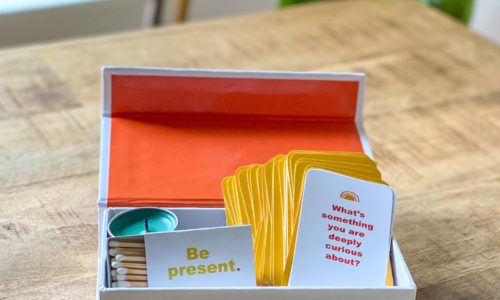My conversation this morning with my 16-year-old son went like this:
Me: Can you remember a time I protected you from suffering natural consequences?
Charlie: (without missing a beat…) Yes, twice last year.
Me: What did I do?
Charlie: One time you brought me my backpack from home when I forgot it. Another time you saw my paper on the printer at home and brought it to school without me asking you to.
Thirty seconds of silence.
Me: How did that make you feel?
Charlie: Embarrassed. Mom, my friends saw both times and it was totally embarrassing that my mom was doing things for me.
Me: I’m so sorry.
Parenting fail. I remember rushing into his school like a crazed mother thinking, “I’m doing exactly what I tell people not to do.” And I did it anyway.
It was like I panicked and didn’t want him to suffer the consequences of not having his books or not being able to turn his paper in on time. I completely regressed as a parent. I stepped in and fixed things for him. Or so I thought.
The reality is that I embarrassed my son and he remembers it well.
How many phone calls have I received from Acton parents over the years expressing their painful regret of removing natural consequences from their children? Too many. I remember one mother, in particular, saying, “He is so angry with me for calling you. He won’t even talk to me. I am so sorry I intervened!” I know the feeling well and it’s a common theme among parents I talk with everywhere.
It is because of these painful parenting experiences (and research backing up the long-term effects on children whose parents protect them from natural consequences), that we ask parents when they contact Acton’s guides to fix their child’s problem at school, “Did your child give you permission to contact us about this?” This question is meant to give parents (including me) time to pause, reflect, regroup and get out of the way. (I wish my son had such a defensive guard last year in his old school. He needed protection from me rushing into his space!)
Acton is a place created for even parents to fail, repent and get back in the game just as it is designed to give children space to solve their problems and suffer natural consequences. When parents see the purpose in this design and partner with us optimistically to ensure it, one thing is certain – a hero makes progress on the journey to finding a calling and changing the world.


